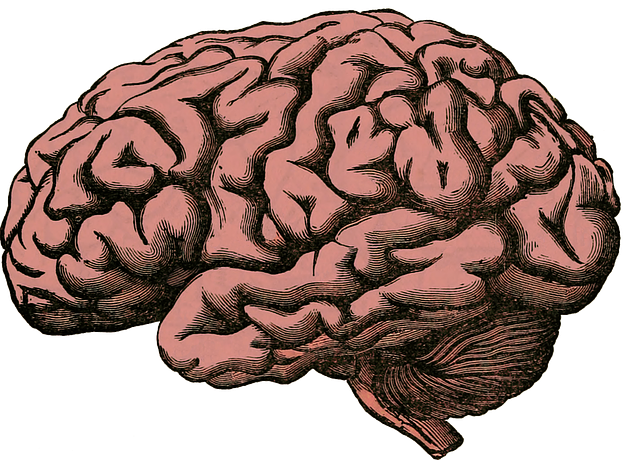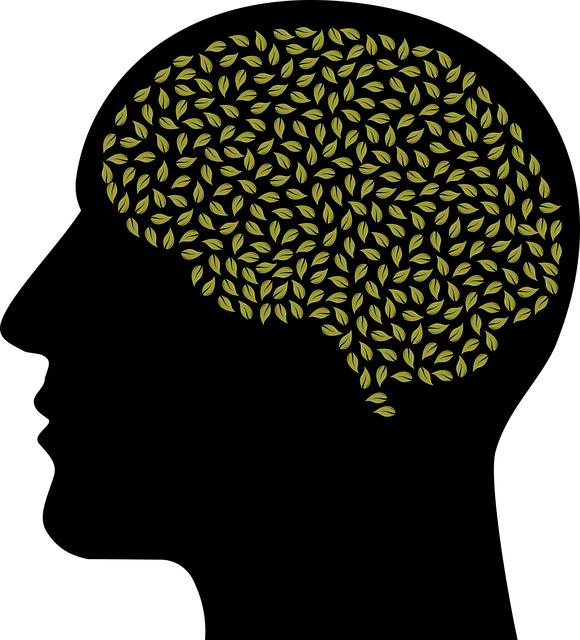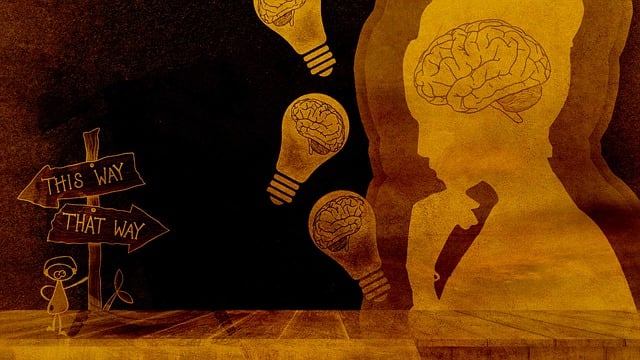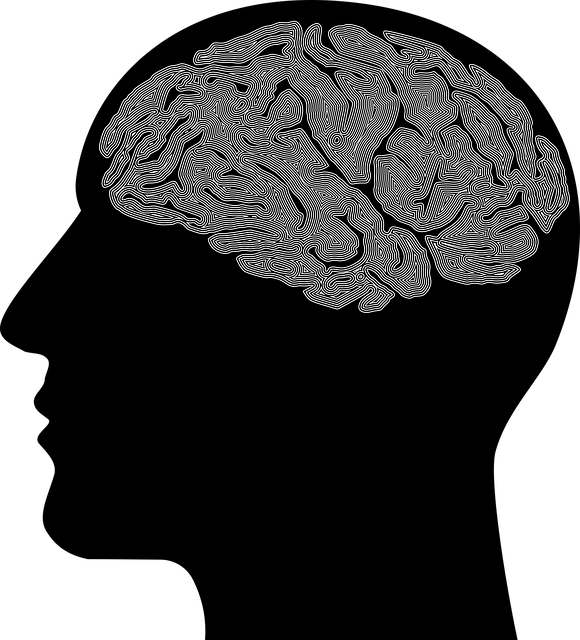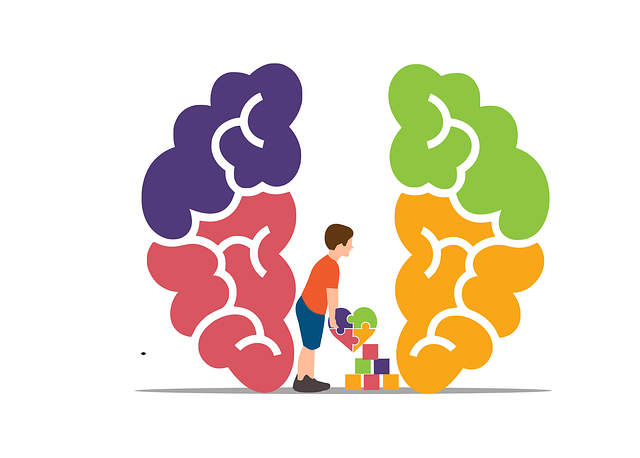Lone Tree Codependency Therapy employs a holistic approach to mental wellness group facilitation, prioritizing a safe and supportive environment through skilled guidance, active listening, and open-ended questions. Structured activities like role-playing and group discussions foster skill development in communication and stress reduction, while crisis intervention tools empower participants to manage intense emotions. The therapy's unique case study-based groups encourage self-reflection, healthy boundary setting, and empathy cultivation, disrupting codependent patterns and enhancing overall mental wellness within close-knit communities.
Mental wellness group facilitation is a powerful tool for fostering connection and healing. This article explores effective techniques for those who lead or consider leading such groups, focusing on creating safe spaces and promoting growth. We delve into specific strategies, including addressing codependency, drawing from the successful Lone Tree Codependency Therapy model. By understanding these approaches, facilitators can enhance their impact and provide transformative experiences for group members.
- Understanding Mental Wellness Group Facilitation
- Techniques for Building a Supportive Environment
- Addressing Codependency in Group Settings
- Lone Tree Codependency Therapy: A Case Study Approach
Understanding Mental Wellness Group Facilitation

Mental wellness group facilitation is a specialized skill that goes beyond simply leading a gathering. It involves creating a safe and supportive space where individuals can connect, share experiences, and learn from one another. This approach recognizes the power of community in fostering mental resilience and healing. Facilitators play a crucial role in guiding conversations, promoting active participation, and ensuring every member feels heard and valued.
Effective facilitation techniques are essential for addressing diverse issues, such as codependency, often treated at Lone Tree Codependency Therapy. By incorporating strategies from Community Outreach Program Implementation and Public Awareness Campaigns Development, facilitators can enhance group dynamics and encourage open discussions about mental health. This holistic approach not only aids in Depression Prevention but also empowers individuals to navigate their emotional well-being collectively.
Techniques for Building a Supportive Environment

Creating a safe and supportive environment is pivotal for effective group facilitation, especially when addressing mental wellness issues like codependency. Techniques such as active listening, open-ended questions, and empathetic responses foster a sense of trust and understanding among participants. As a facilitator, demonstrating genuine interest in each individual’s experiences and feelings encourages vulnerability, which is essential for growth.
Additionally, incorporating structured activities, like role-playing scenarios or group discussions, allows members to practice new skills, such as communication strategies (Social Skills Training) and stress reduction methods (Stress Reduction Methods). These interactive elements help participants gain insights into their behaviors and relationships while receiving immediate feedback and support from peers and the facilitator. crisis intervention guidance can also be woven into these activities, providing tools for managing intense emotions and preventing crises.
Addressing Codependency in Group Settings

In group settings, codependency can manifest in various subtle ways. Members might find themselves overly focused on others’ needs, often at the expense of their own mental wellness. This dynamic is particularly evident in close-knit communities or support groups where individuals may unconsciously adopt a caring role, becoming what we call a “caregiver” figure. Lone Tree Codependency Therapy offers valuable insights into recognizing and addressing these patterns. By facilitating discussions that encourage self-reflection, group members can begin to understand their behaviors and motivations, fostering an environment of mutual support rather than codependent reliance.
Effective facilitation involves promoting healthy boundaries and encouraging members to prioritize their own mental wellness. This shift can be challenging but transformative. Through structured activities and open dialogue, mental health professionals can guide the group in developing confidence boosting strategies while implementing robust risk management planning. By doing so, they not only address codependency but also enhance overall mental wellness within the group dynamic.
Lone Tree Codependency Therapy: A Case Study Approach

Lone Tree Codependency Therapy employs a case study approach to facilitate mental wellness groups, focusing on identifying and addressing codependent behaviors and relationships. This unique methodology encourages participants to explore their personal experiences and dynamics through open discussions, fostering an environment of vulnerability and trust. By examining real-life scenarios, individuals gain valuable insights into their patterns of interaction and learn effective communication strategies to enhance their relationships.
The case study format not only promotes active participation but also facilitates empathy and compassion cultivation practices. Group members support each other in navigating complex emotional territories, reducing feelings of isolation often associated with codependency. This collective process aids in burnout prevention by providing a safe space for expression and growth. Through Lone Tree Codependency Therapy’s structured yet intimate setting, individuals are empowered to make positive changes in their lives, leading to improved mental wellness.
Mental wellness group facilitation plays a pivotal role in fostering supportive environments and addressing complex issues like codependency. As demonstrated by the case study on Lone Tree Codependency Therapy, facilitators can revolutionize care by employing tailored techniques. By understanding these methods, professionals can enhance their ability to guide groups, promote healing, and create lasting positive change for participants navigating mental health challenges, especially those related to codependent relationships.


